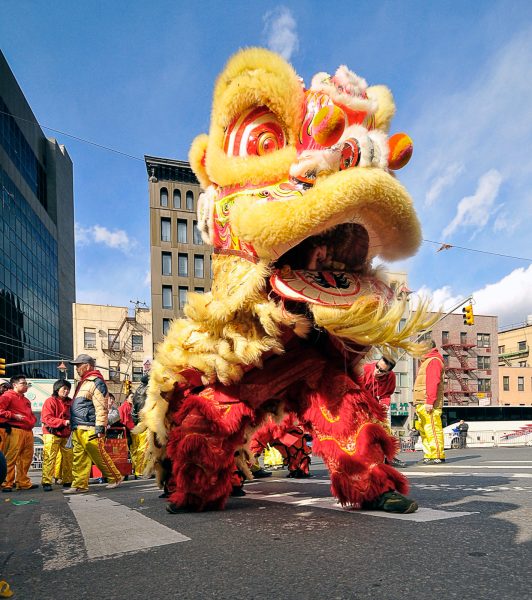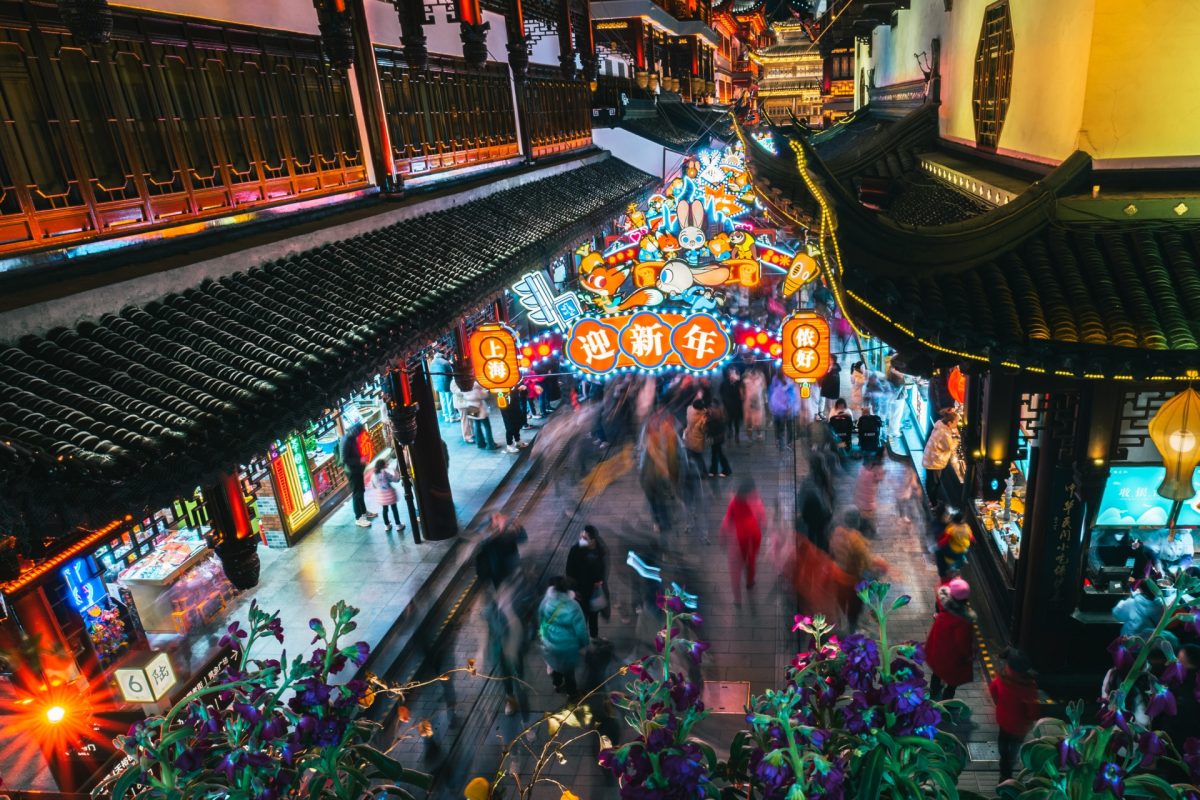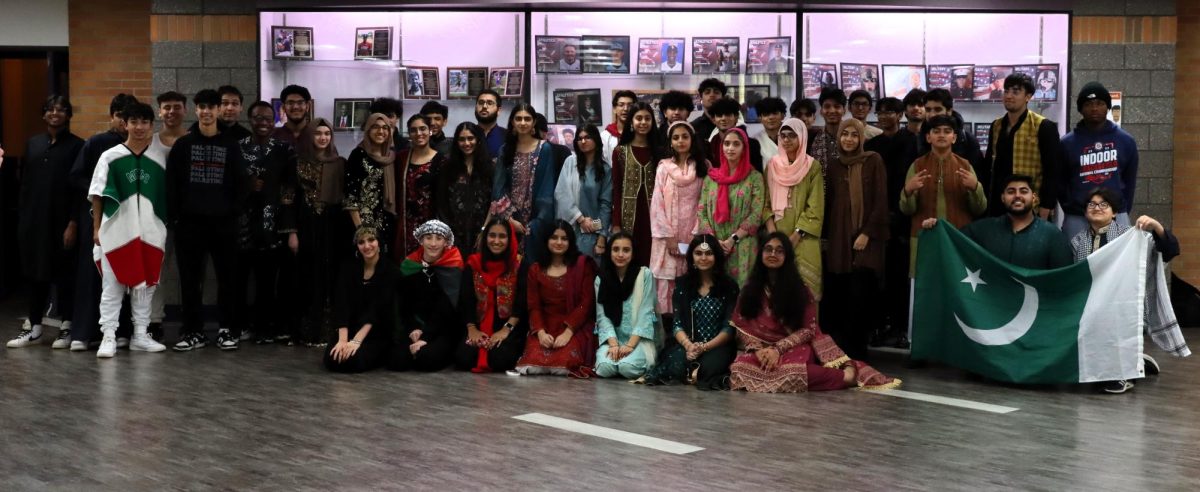Every year, over 2 billion people from all over the world celebrate a second New Year’s Eve. During this holiday, families and friends will gather around the tables overloaded with traditional dishes. Adults will play games such as Mahjong, and cash is gifted to significant others, making it enjoyed by many.
Chinese/Lunar New Year is sometimes briefly brought up in school, but many remain unaware of what it is and how it’s celebrated. There are so many things to do during the new year which can be unique to each family. The following are some of the common traditions done during the celebration. But first, let’s talk about the name it goes by and how it could be called differently.
Lunar New Year is seen as a more modern term for inclusivity which quickly gained popularity over the years in the US. Besides Chinese celebrants, others also celebrate the tradition similarly such as Vietnamese, Korean, and a few other Asians as well. Most commonly, the celebration is referred to as “Chinese New Year” in English and “New Year” in Chinese. Although saying Chinese New Year or Lunar New Year references the same holiday, there have been controversies arguing over origin and inclusivity for what is proper. With that, It’s important to be vigilant of how and when to say one or the other.
This celebration is based on the Chinese lunisolar calendar, hence some refer to it as Lunar New Year. Because it is not the same as today’s Gregorian calendar, every year the holiday would fall on a different date. For 2024, the holiday is celebrated on Feb 10, last year it was on Jan 22. Many Chinese households will hang these calendars on the wall to mark traditional holidays such as celebrating this year of the dragon.
To start, on New Year’s Eve, families prepare a reunion dinner that usually includes fish, dumplings, spring rolls, chicken, and noodles. Other foods eaten are fruit (usually orange), both stir-fried and sweet, Nian Gao (rice cake), and Tang Yuan which is eaten on the 15th day of the new month, also being the last day of the celebration. On New Year’s Eve, firecrackers and fireworks are set off to scare away evil.
Popular dances such as the Lion Dance and the Dragon Dance are performed to drive away evil spirits and bring good luck. These performances originated from China and they can be seen performed by other communities as well. Usually, one or two people wear the suit to perform the Lion dance, and it can frequently be seen performed by teens doing acrobatics on high poles.

Customarily adults would give red envelopes filled with cash to most commonly their own and acquaintances’ kid(s) or close friends’ and relatives’ kid(s), others may be for grandparents and co-workers. As always it’s important to say your gratitude and a common phrase that is said is “gong xi fa cai”, wishing wealth and happiness.
The most important celebration for people in China finally comes to an end on the 15th day, a full moon is celebrated with the Lantern Festival and eating sweet, stretchy Tang Yuan.
While the celebration is not as profound in the Western hemisphere, it is an important holiday for many neighbors who still cherish it outside their hometown. Chinese/Lunar New Year highlights the importance of family in their culture, but similarly to the New Year that is commemorated at the end of December, it also wishes the next year to be a prosperous one.








